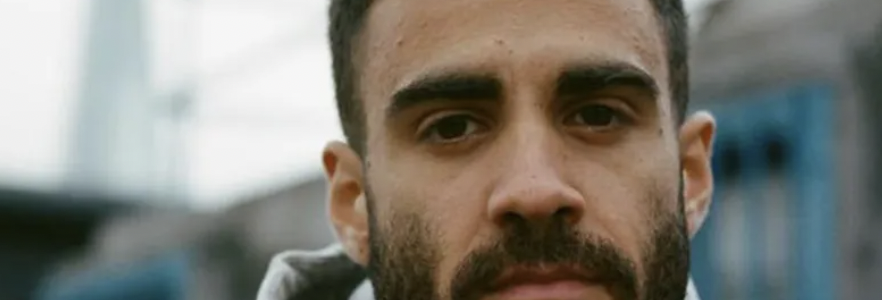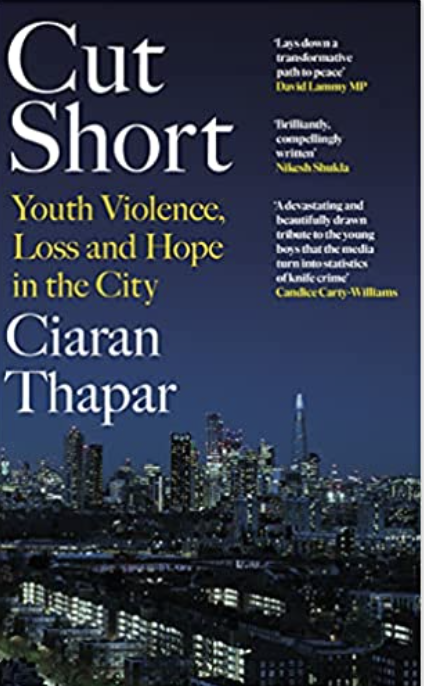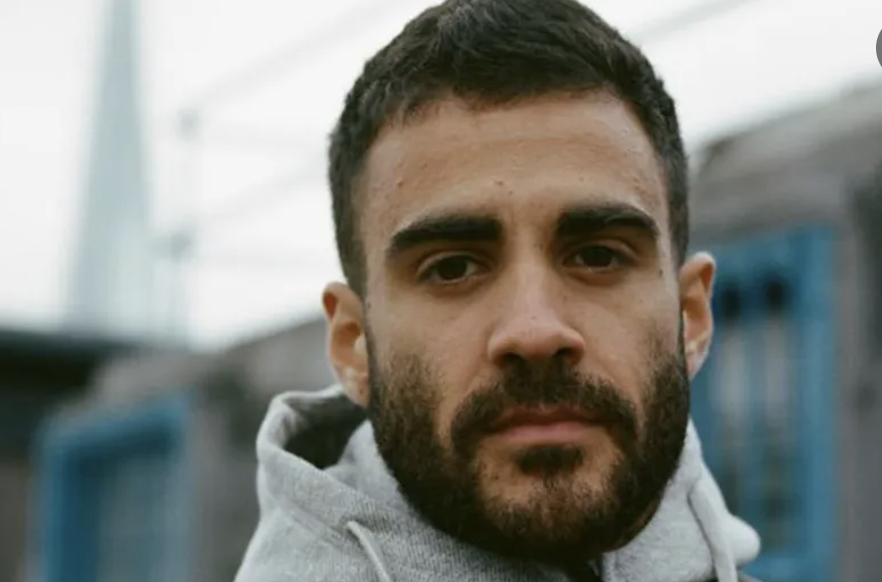
Teenage life blighted by violence


Ciaran Thapar, a youth worker in South London, highlights the sharp end of Britain’s serious life of youth violence epidemic which the media turns into statistics of knife crime.
At the secondary school in Elephant and Castle, a vulnerable, pitiful boy named Freddie is permanently excluded, after being threatened he brought a bread knife to school. “I would never see him again” Thapar writes.
While working in Wandsworth prison, Thapar meets Abdul, whom he encountered through his voluntary work at the Jacob Swayer Community Centre, in Brixton.
The sentences are powerful reminder that the boys of whom, Thapar mangers to keep track are, despite considerable challenges. He throws light into how three of those boys, Demetri, Jhemar and Carl all African-Caribbean, facing differing levels of deprivation, navigate the critical, perilous years from late secondary school to early adulthood amid a surge in street violence. Jamal has to cope with his brother’s death in a stabbing. Carl briefly succumbs to the temptation to make money by selling drugs.
The murders and stabbings underline how a high price many pay- up to the end of May, teenagers accounted for 12 of the 50 homicides around the capital so far this year.
Thapar, son of a Punjabi doctor father, and English nurse mother, grew up in West London looks for answers.
Cut Short is cataloguing the lives of Thapar’s mentees, highlighting multiple humiliations from strip searches by insensitive police to confrontations with other youths for being in the wrong area.
School performance charts displayed in corridor notice boards rank pupils by academic achievement- Thapar’s mentees invariably seeing their names and pictures displayed at the bottom of such league tables.
Cut Short focuses on boys as the main perpetrators and victims of violence, it makes a convincing case that wider society has created many of the problems.
His mentees face racism- darker skinned boys encounter more discrimination from the police and teachers than lighter-skinned counterparts.
Cuts to police budgets mean there are no longer officers tasked with getting to know the community they serve. Thapar attributes the problems mainly to a drive to save tax payers money and consensus that market mechanism should be applied to public services.
He blames Grenfell Tower fire of 2017 on a need to save money, despite the mixed evidence that the cost was a decisive factor in a botched refurbishment.
A decade of austerity cleared out older staff that provided much institutional collective memory. Vital tasks such as enforcement of fire regulations- have been outsourced to private organisations, blurring lines of responsibility and collapse of competence and self-confidence in managing the delivery of services.
Cut Short: Youth Violence, Loss and Hope in the City by Ciaran Thapar, Viking £16.99, 368 pages.
